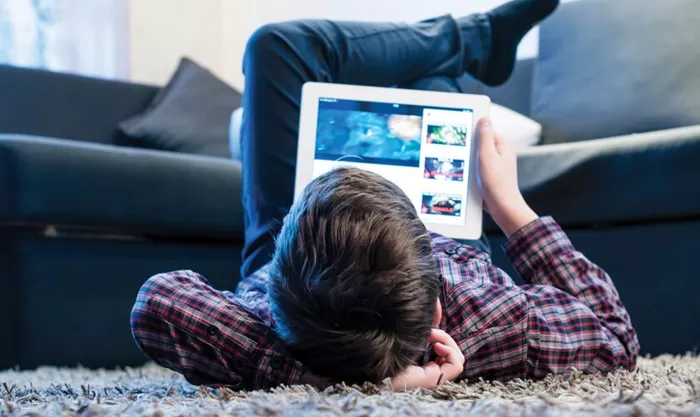A large international study involving nearly 300,000 children has found a two-way relationship between screen time and children’s emotional and social well-being. The research, published in Psychological Bulletin, shows that children who spend more time on devices like TVs, tablets, computers, and gaming consoles are more likely to develop problems such as aggression, anxiety, and low self-esteem later in life.
The study also found that children who already faced social or emotional difficulties tended to spend more time on screens, suggesting a reciprocal effect.
Among all screen activities, gaming was most strongly linked to emotional problems. Dr. Michael Noetel, an author of the study and psychology professor at The University of Queensland, explained that this connection did not depend on whether the games were violent. Instead, gaming overall showed a stronger association with emotional issues than watching TV or using educational apps.
The analysis reviewed 117 long-term studies conducted from 1972 to 2024, focusing on children aged 10 and under to better establish cause and effect.
Recommendations and Insights
The American Academy of Pediatrics recommends limiting recreational screen time to one hour per day on weekdays and up to three hours on weekends for children aged 2 to 5. The study found that children exceeding these limits were more prone to socioemotional problems.
Dr. Tara Narula, ABC News chief medical correspondent, noted the concern about rising mental health issues in children, many of which begin before age 14, emphasizing the need to understand screen time’s impact.
Practical Advice for Parents
Researchers stress that the goal is not to eliminate screens but to use them wisely. Moderate screen time, particularly for educational purposes, is linked to lower risks of social and emotional problems. Children should avoid relying on screens as their sole way to handle emotions. Instead, they should be encouraged to build emotional skills through interaction with family and friends.
Ensuring that screen use does not disrupt sleep or physical activity is crucial.
Dr. Narula adds, “It’s okay to set limits in a noncontrolling way. Saying no is sometimes necessary for children’s well-being.”
Related topics:


